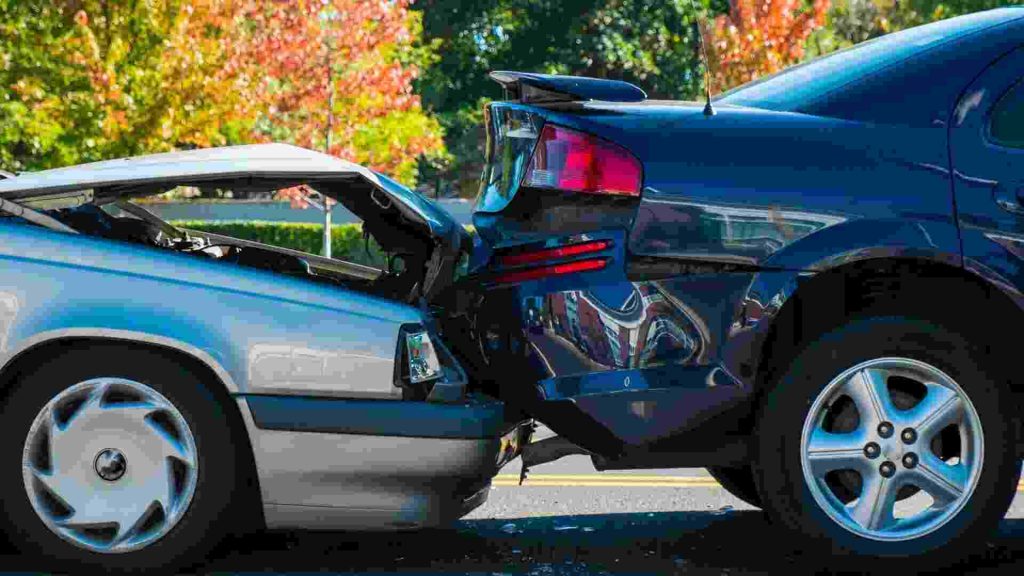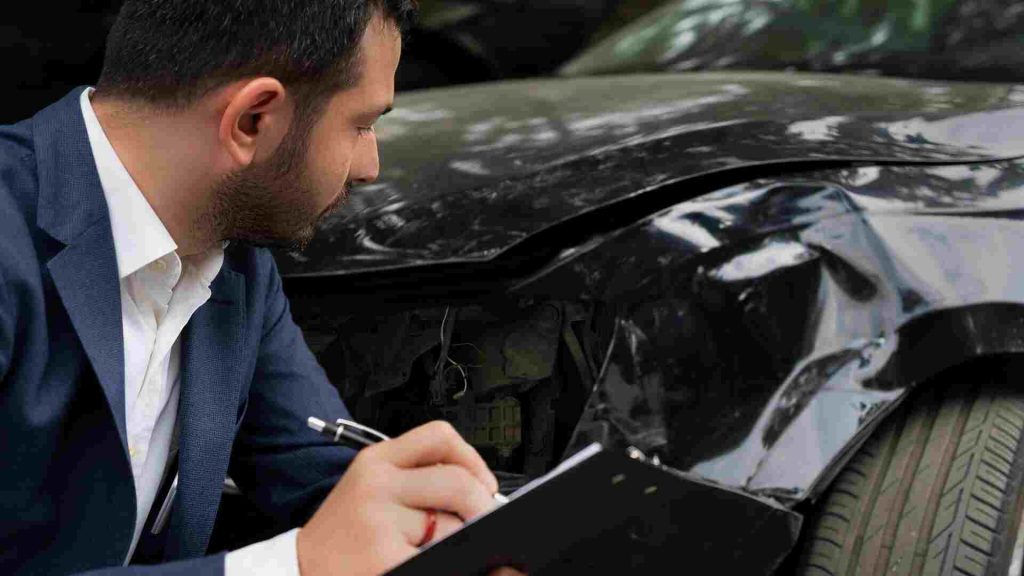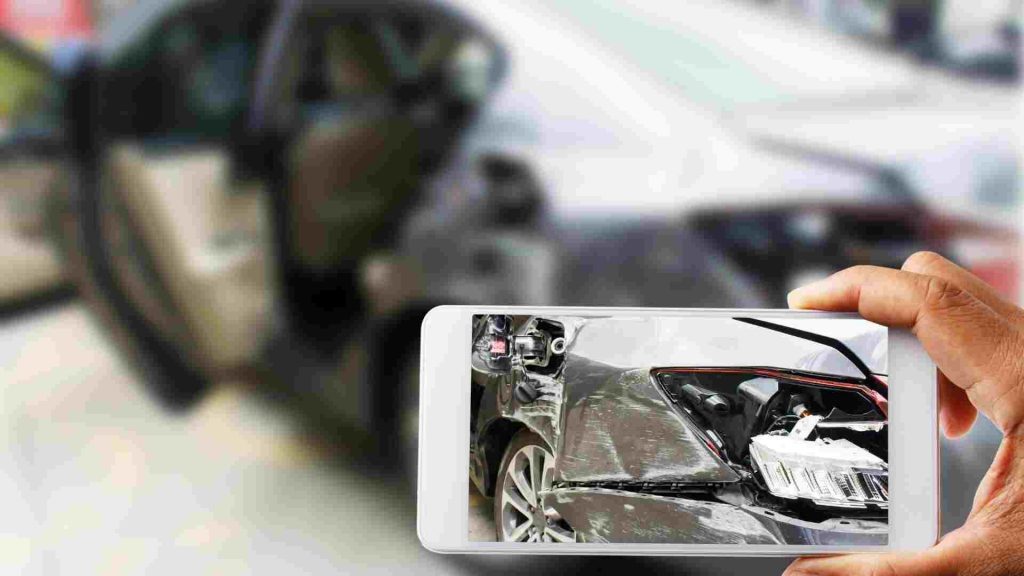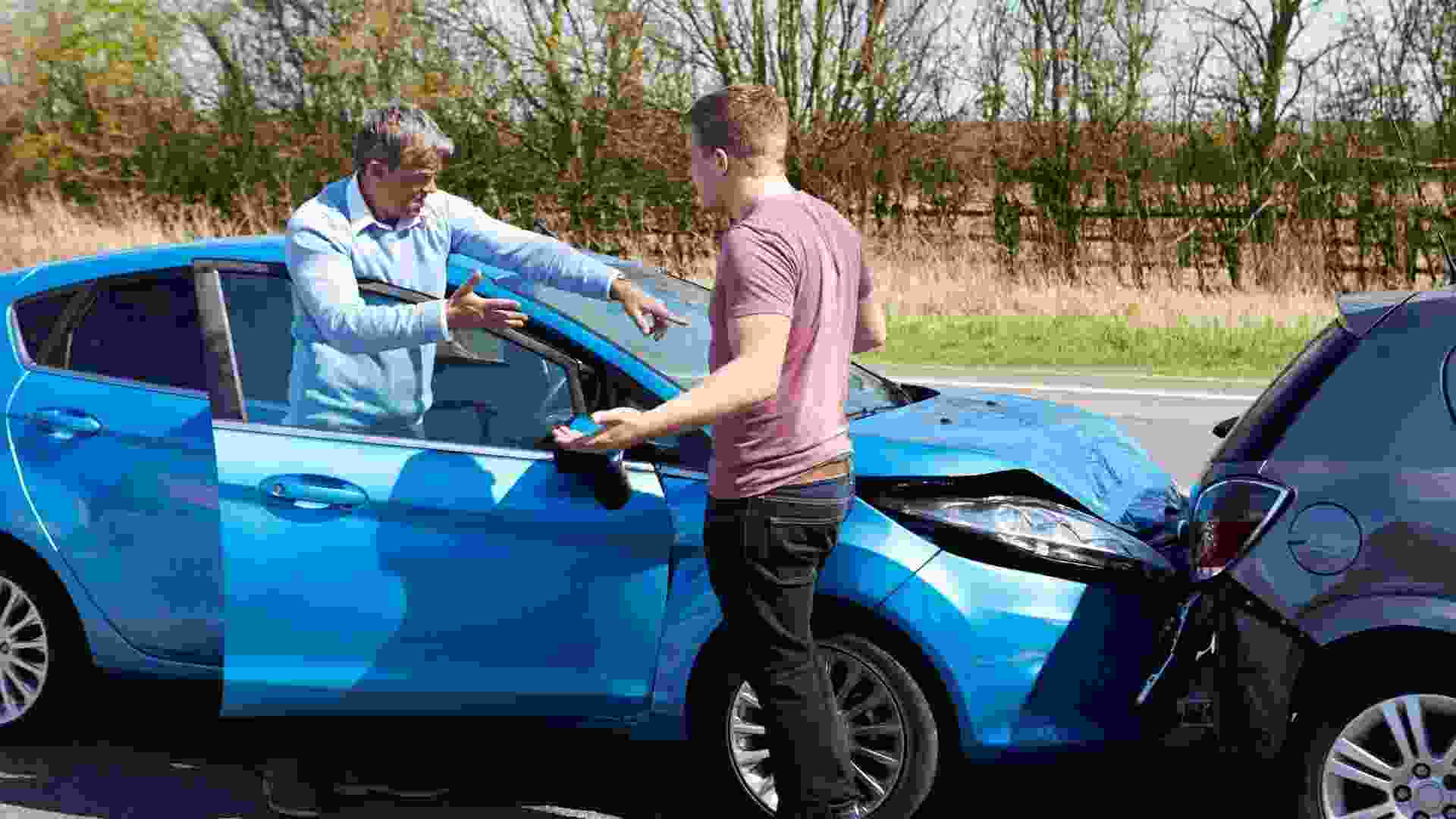Legal Advice on Car Accident
There is no doubt that it would upset most of us if we were involved in a car accident. But what should you do if the responsible party denies his or her liability for the accident? Who pays for the damage to your car? And who pays for personal injury? Here we will talk about claims for car accident, legal advice on car accident with no insurance, lawyer fees, and also what does a car accident lawyer do for you in this critical moment.
Trying to answer these questions without legal advice can be a risky business. There are many pitfalls, and your chances of getting a fair deal are slim. But obtaining good legal advice is not as difficult as you might think – especially when you know where to look.
If you’ve been injured in a car accident, you might be wondering about the various laws that apply to your situation. Here’s some advice on what to do if you get hurt in a car accident:

Be sure to exchange information with the other driver. This includes his or her name, address, phone number and insurance company (don’t let the driver tell you it’s unnecessary because his or her insurance will cover everything). If the other driver is unwilling to exchange information, call 911.
Treat your injury. Many drivers suffer injuries in car accidents. Treat your injury immediately by calling an ambulance if necessary; after that, take painkillers such as acetaminophen or ibuprofen and use ice or heat to reduce swelling and pain. Consult a doctor if needed.
CAR ACCIDENT INSTRUCTION BOOKLET

In the event of an accident, there is much to do and take care of. If you were injured, it may seem overwhelming but there are ways to protect yourself and your rights.
There are two types of car accidents:
1. Hit and run accidents where the person who hit you leaves the scene without identifying themselves. If this happens to you, immediately call 911 so that the police can be on hand when the other driver returns or from a nearby gas station or store if they don’t return.
2. Rear-end accidents in which the driver behind you suddenly stops, usually because they fell asleep or were distracted by an outside influence such as a phone call or a loud noise. In these cases, you have more time to react but it’s important not to get out of your car until all parties involved have pulled over to the side of the road and exchanged information.

Claims for Car Accident
“I have been rear-ended in a car accident and the driver who hit me claims that the damage is not his fault. Can you help me settle this dispute?” The short answer is yes. In fact, if you have been injured in a car accident and need legal assistance, we will represent you for free. We will also obtain settlements for you on any other cases we are able to win. However, there are some things that you should know before coming to us for assistance.
Insurance Adjusters Have Arrived! Things To Do
After you’ve had your car in an accident and the insurance adjusters have arrived, it can be a bit overwhelming. If you’re not familiar with the process, it can be difficult to know what to do or expect.
Thing to do:
1. Gather all of your information together. You’ll need to have your driver’s license, registration, proof of insurance, and other relevant documentation for yourself and for the other person involved in the accident. It’s helpful if you also have a copy of their driver’s license and car insurance information.

2. Make sure that you and all passengers are okay. Injuries from a collision can occur even if the vehicles don’t move much. If someone is hurt or there is property damage, contact emergency services right away so they can begin treatment or assess the situation. If it is safe, turn on your hazards lights to alert nearby drivers that something has happened.
3. Wait for the police to arrive at the scene of the accident as soon as possible if you believe someone was injured or there was significant damage to either vehicle. They will be able to make an official record of what occurred and help keep things calm until everyone can arrange an appointment with their own insurance agents or attorneys.
Legal Advice Car Accident NO Insurance
If you are involved in a car accident and the other driver does not have insurance, you may be facing other serious consequences. In most states, the at-fault driver is required to carry mandatory liability coverage for damages. If he or she does not, your own vehicle’s policy may not provide coverage for the damage caused by the accident. In that case, you would be responsible for paying for the repairs out of pocket.
Trying to get back on the road faster than normal can also cause problems if you are forced to drive without insurance. If you get pulled over and do not have car insurance, you could face serious fines and even jail time. If this happens, it is possible that your car will be impounded and you will need to pay additional fees to get it back.
If your car is impounded and it needs repairs in order to pass inspection, you would have to take out a loan in order to pay for them before getting your car back. This means that the debt could end up being much higher than if you had just used temporary insurance after an accident rather than driving without any coverage at all.
Car Accident Lawyer Fees
Car accident lawyer fees can vary depending on the circumstances of the crash and type of case. A new driver with a clean record may only have to pay a nominal accident lawyer fee, while a more experienced driver who has been in several accidents may pay much more.
A basic car accident lawyer fee is usually somewhere between $2,000 and $5,000, but could be as high as $10,000 in some cases. The exact amount depends on the severity of injuries suffered in the crash as well as whether or not police were involved. If you’ve been in an accident that wasn’t your fault and you need legal help, contact your local car accident lawyer today.
How to Handle the Insurance Adjuster?
That’s right, how to handle the insurance adjuster. They are not your friend and they are not on your side, although they are supposed to be. They are simply there to represent their client: the insurance company. So how do you deal with them? Here are some tips that will help you through this process.
Treat them like you would a police officer
If you’re pulled over by a policeman, do you try to explain why you were speeding? Do you even bother with excuses? No. You just take his word for it and go along with it. That is how you should treat the insurance adjuster.
They don’t know the details of what happened and they don’t care about those details. They just want to make sure that everything checks out so that their company doesn’t have to pay for anything that was not supposed to be covered under their policy.
So when they ask questions, answer them as best as possible and don’t give them any reasons not to pay for certain things or people involved in the accident. Be friendly but firm.
If you have been involved in a motor vehicle accident, what to do?
If you have been involved in a motor vehicle accident, you may be entitled to compensation. You may have suffered injuries or property damage, or perhaps witnessed the incident. In some cases, the party at fault may have been driving under the influence of alcohol or drugs. Any accident that involves injuries, death, or damages exceeding $3,000 is considered a “serious injury,” and requires reporting to the state Department of Motor Vehicles (DMV).
Additionally, you must report any accidents that occur while you are under the influence of alcohol or drugs. You should also report any accidents that occur while you are operating a vehicle leased from a rental agency if the rental agency requests it within 15 days of the accident.
After reporting an accident to your insurance company, you will receive a claim number for your records. You will be asked for this information when filing an insurance claim for any property damages that occurred in the accident.
If you were injured in an accident, and it was another driver’s fault, you need to seek medical attention immediately. Record everything about your injury and treatment with as many details as possible (the date you went for treatment, what it entailed and how much it cost).
The No-Fault Law requires you to carry a certain minimum level of bodily injury liability protection on your auto policy. You must carry this basic coverage, which is the only type of insurance coverage that pays for claims regardless of who is at fault.
However, there are other types of coverage available and recommended that can provide additional protection in the event that you are responsible for causing an accident.
The following are some tips to help you better understand your auto insurance policy and how it works:
Your policy should include a section labeled “liability” or “bodily injury” coverage whose dollar limit represents the maximum amount that your insurer will pay to any one person for bodily injury caused by an accident in which you are at fault.
The minimum amount required by law is $10,000 per person and $20,000 per accident. If you have assets or other sources of income, you may want to increase this amount.
If another driver causes an accident with you and you are not at fault, they will be able to sue you to recover their economic damages – medical expenses, lost wages and vehicle damage – up to the limits of their policy.
Should I get a lawyer for a minor car accident?
If you’ve had a minor car accident and you’re thinking about hiring a lawyer, here are some quick tips to help you decide whether it’s really necessary:
If your car was damaged. You can’t sue someone unless they caused physical damage to your property. If the other driver damaged your car, you can ask them to pay for it. If they refuse, contact your insurance company.
The law is on your side. If the accident wasn’t your fault and the other person has admitted liability (or if their insurance company has already paid for the damages), you may not need legal help. Many states have laws that protect “good samaritans,” so that drivers who report accidents and cooperate with police aren’t held liable if someone later makes a false claim against them.
You need compensation beyond what insurance covers. If the accident wasn’t your fault and you don’t have much in savings, or if the other driver was at fault but hasn’t offered to pay for damages, a personal injury attorney may be able to help you get additional compensation from the other party’s insurance company. An attorney will have more leverage than you do in negotiating with an insurance company — but only if he or she represents you after an accident.”
What does a car accident lawyer do?
When you hire a car accident lawyer, you’re basically hiring one person to be your personal representative through the legal process of getting compensated after an accident. While you can certainly do everything necessary to get compensated on your own, it is often times much more effective to have someone who knows how things work and can get the compensation you deserve.
This means that they will be in charge of taking care of you while you are going through the legal process of getting compensated after an accident. You don’t have to worry about writing letters or following up with insurance companies and medical providers because your attorney will take care of all of the details for you.
For example, if a doctor’s office doesn’t return a phone call or refuses to comply with a request for billing information, it is your lawyer’s job to follow up and get them to respond. It is also their responsibility to make sure that all necessary legal paperwork is filed in a timely manner and that the proper parties are notified at every step in the process.
Your attorney will also look out for your best interests by negotiating settlements with insurance companies on your behalf and making sure that any settlement offer is fair. They’ll also help by communicating with the opposing party’s lawyer and keeping both parties informed throughout the entire process.


